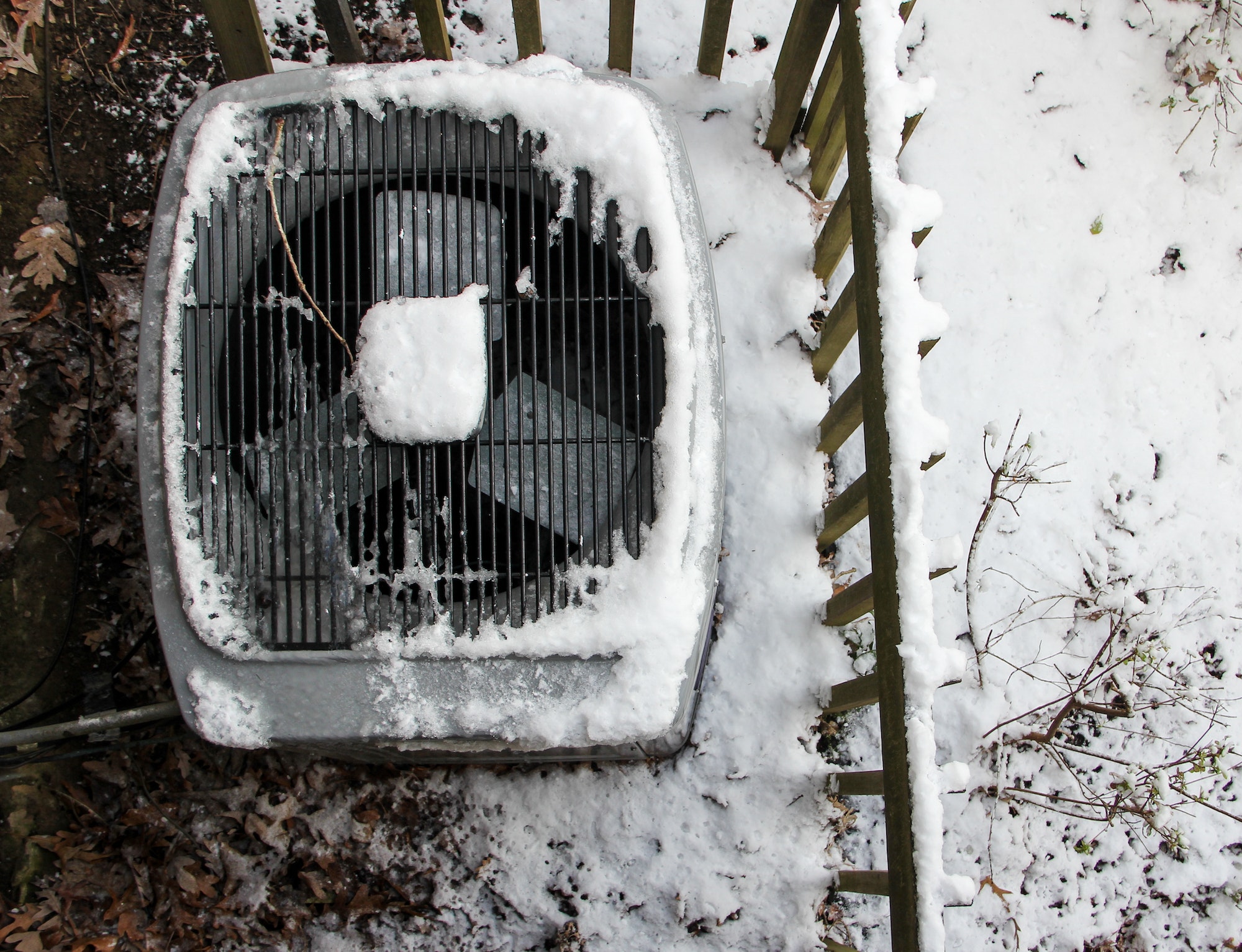In today’s increasingly globalized world, more people are finding opportunities to live, work, and explore beyond their home countries. International relocation can be an exciting journey and a monumental life change. Proper preparation is not just beneficial; it’s essential for making the transition as smooth as possible. Understanding the complexities of moving across borders can help minimize stress and maximize success in your new environment.
International relocation is about transplanting your life to an entirely new cultural and administrative landscape. This type of move can be for various reasons—whether it’s accepting a new job, seeking a different lifestyle, or reuniting with family. Whatever the motive, the foundation of a successful international move is thorough research and planning.
The first step in preparing for an international move is to fully understand the destination country. This includes studying its culture, legal system, and living conditions. It’s crucial to know the local laws that will affect you, from immigration rules to housing regulations. Learning about the local customs and social norms is also vital to help ease the cultural transition. Many countries offer orientation programs or integration courses, which can be incredibly beneficial.
Sorting and Packing Strategies
Deciding what to take with you can be one of the more challenging parts of preparing for an international move. It’s generally advised to declutter your life before you pack. Sell, donate, or dispose of items that won’t be necessary or practical to bring along. For the belongings that make the cut, careful packing can help make sure they arrive safely.
Not everything needs to come with you right away. Utilizing storage units can ease the burden of moving and give you time to settle into your new home without being overwhelmed by boxes. If you’re looking for facilities offering units for storage Marion AL provides several options where you can securely store personal items until you need them.
Administrative Tasks and Documentation
Handling the administrative aspects of an international move can be challenging, but managing these details well in advance can alleviate last-minute headaches. Key documents you’ll need include a valid passport, necessary visas, and possibly work permits, depending on the nature of your relocation. Each country has different requirements for obtaining these documents, so it’s important to start this process early to avoid delays.
Financial preparations are also critical. This might involve setting up a new bank account in your destination country, understanding the tax obligations you will face both at home and abroad, and arranging for the transfer of funds across borders. Many banks offer services for expatriates, so seeking out these options can provide tailored financial solutions.
Logistics of Moving Internationally
The logistics of moving internationally are significantly more complex than a local move. You’ll need to decide whether air, sea, or land transport is best for your situation. Air freight is faster but often more expensive, while sea freight can handle larger volumes at a lower cost but takes longer. Researching and selecting a reputable moving company that specializes in international relocations can make a huge difference. Make sure that they offer comprehensive services, including detailed tracking and insurance options for your belongings.
Setting Up in the New Country
Once you arrive in your new country, the next phase of your relocation begins: setting up your new life. Finding a place to live is usually at the top of the list. Depending on how familiar you are with the area, you might start with temporary housing, such as a serviced apartment. This gives you the flexibility to explore different neighborhoods and understand where you might want to settle more permanently without the pressure of a long-term lease.
Establishing essential services is your next step. This includes everything from utilities like water, gas, and electricity to internet and mobile phone service. In many countries, these setups might require local documentation, such as a residency permit or a local bank account, so it’s wise to gather these details in advance.
Getting integrated into the local community is also necessary for a successful relocation. Look for expat groups, professional networks, or clubs that align with your interests. These can be excellent resources for making friends, learning the ins and outs of your new home, and even advancing your career. Local community centers and social media platforms are great starting points to find events and meet-ups.
Coping with the Emotional Aspects of Relocation
Relocating internationally isn’t just a physical move—it’s an emotional journey. Leaving behind friends, family, and familiar surroundings can lead to feelings of isolation and homesickness. It’s important to acknowledge these feelings and take proactive steps to build a new support network. Keeping in touch with loved ones back home is important, but so is making new connections in your new locale.
Adjusting to a new culture can also be a significant challenge. Culture shock affects everyone differently, but common symptoms include feeling lost, confused, or frustrated with the new ways of doing things. Patience is key. Immersing yourself in the local culture through language classes, cultural events, and local cuisine can help you feel more at home and reduce the impact of culture shock.
Long-Term Success in Your New Home
For many, the ultimate goal of relocating internationally is to create a fulfilling life in a new country. Achieving this requires more than just overcoming the initial hurdles of moving. Long-term success might mean different things to different people, but generally, it involves gaining a deep understanding and appreciation of the local culture, language, and community norms.
Continued language learning is vital, as language barriers can be one of the biggest obstacles to feeling truly at home in a new country. Even if the business language is your native tongue, learning the local language can dramatically improve your daily life and interactions. Continue to expand your professional network – attend industry conferences, join professional associations, and connect with colleagues to enhance your career prospects in your new country.
Lastly, evaluate your relocation periodically. Are you happy? Are your family members adjusting well? Do you need more support in certain areas? Being honest about these questions can help you make necessary adjustments to improve your experience and foster long-term happiness and success in your new home.
Relocating to a new country is a profound life change that requires careful preparation and adjustment. By managing each step of the process, from packing and logistics to emotional and cultural integration, you can lay the groundwork for a successful transition. Keep in mind that the key to a smooth international relocation is flexibility, preparedness, and a willingness to embrace new experiences. With the right approach, you can turn the challenges of moving abroad into opportunities for personal and professional growth.
Discover more from Futurist Architecture
Subscribe to get the latest posts sent to your email.



